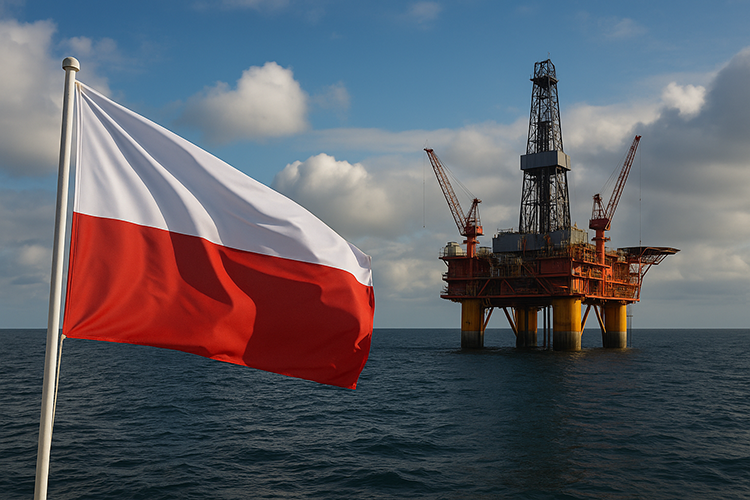2025-07-23
energy

A significant oil and gas deposit has been identified off the coast of Poland in the Baltic Sea, with current estimates suggesting reserves of around 200 million barrels. Despite the scale of the find, experts are urging caution regarding its potential extraction. Claudia Kemfert, Head of the Department of Energy, Transport and Environment at the German Institute for Economic Research (DIW Berlin), notes that the overall impact on Germany’s energy security would likely be minimal. While the Schwedt refinery in eastern Germany has operated below capacity since the Russian oil embargo and continues to seek alternative sources, the newly discovered Polish reserves are expected to meet only 4–5 percent of Poland’s own oil demand in the short term. Kemfert points out that Poland may use the find to strengthen its energy position, particularly in ongoing negotiations related to oil deliveries via the port of Gdansk. Tensions remain between Germany and Poland, with the latter reportedly tying cooperation to the expropriation of Rosneft’s shares in the Schwedt refinery. Beyond energy considerations, the potential environmental and social impacts are significant. The presence of drilling infrastructure would be visible from the German island of Usedom, a popular tourist destination that attracts around one million visitors annually. Additionally, the risk of environmental damage, including possible oil spills, poses a threat to marine ecosystems and could lead to cross-border pollution. Given these factors and the inconsistency of fossil fuel extraction with climate policy goals, DIW Berlin does not recommend moving forward with the project. The institute argues that the environmental risks and potential economic disruption outweigh the limited energy benefits. Source: DIW Berlin

